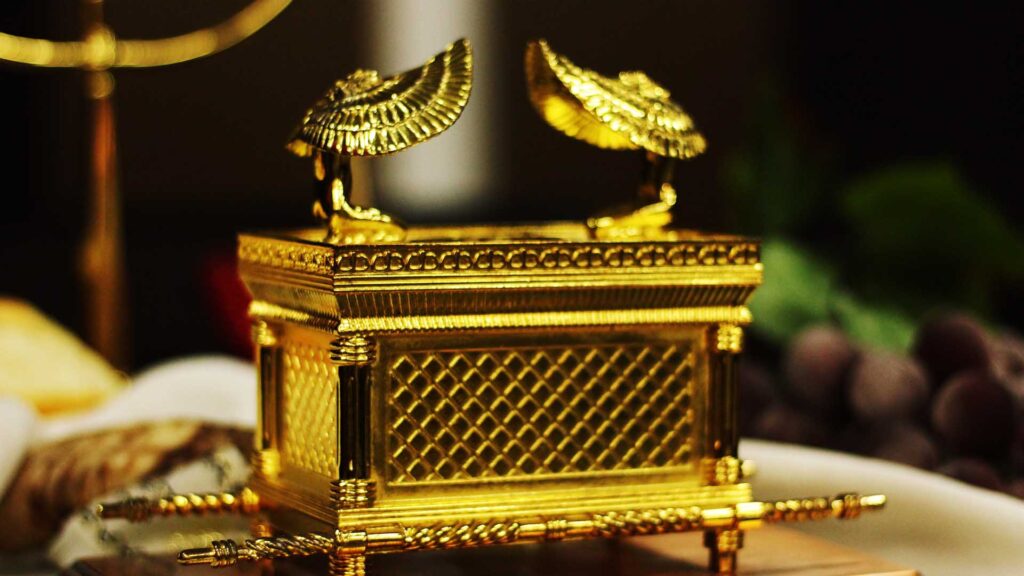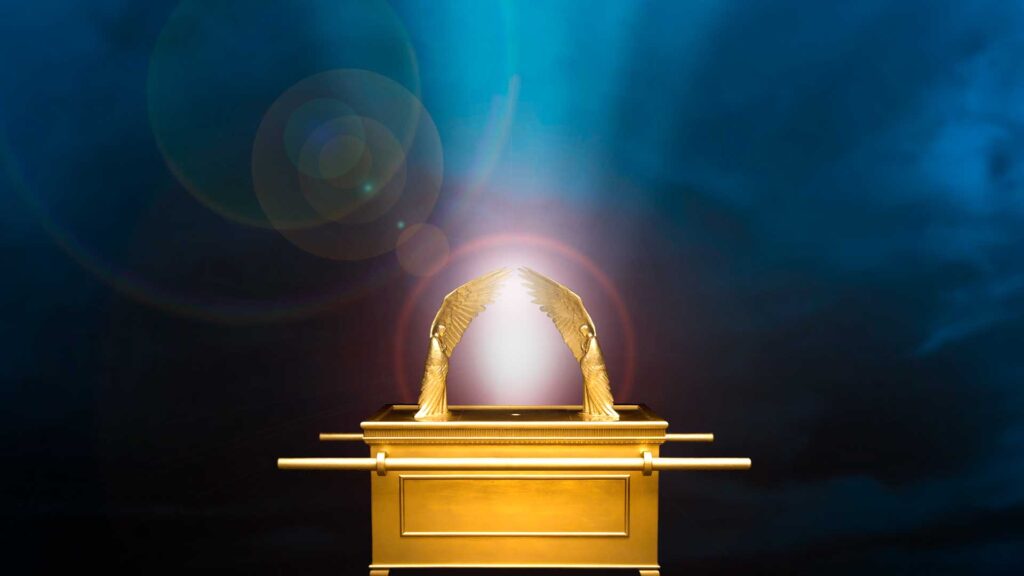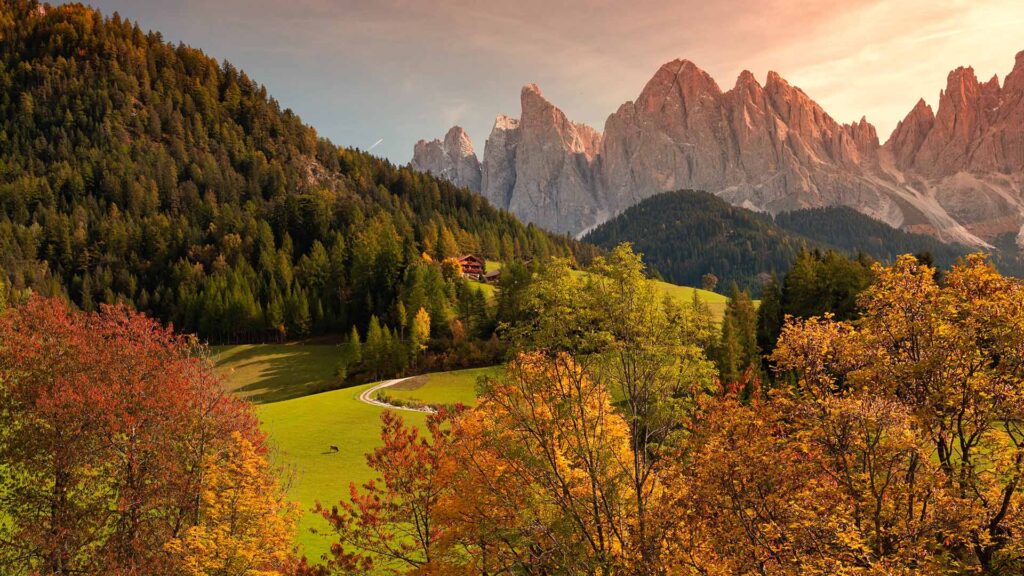
The Sabbath and the Sanctuary
The Sabbath was central to services of the sanctuary, and later the temple in Jerusalem, where it was marked by special offerings and ritual. Two additional lambs were added to the regular burnt offering on the Sabbath, and the twelve cakes of bread in the Holy Place were replaced on the Sabbath. Leviticus 24:8 explains, “Every sabbath [the priest] shall set [the bread] in order before the Lord continually, being taken from the children of Israel by an everlasting covenant.”





